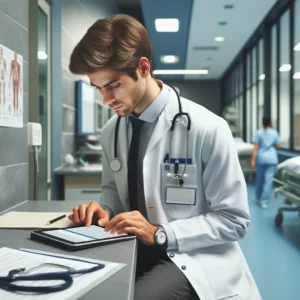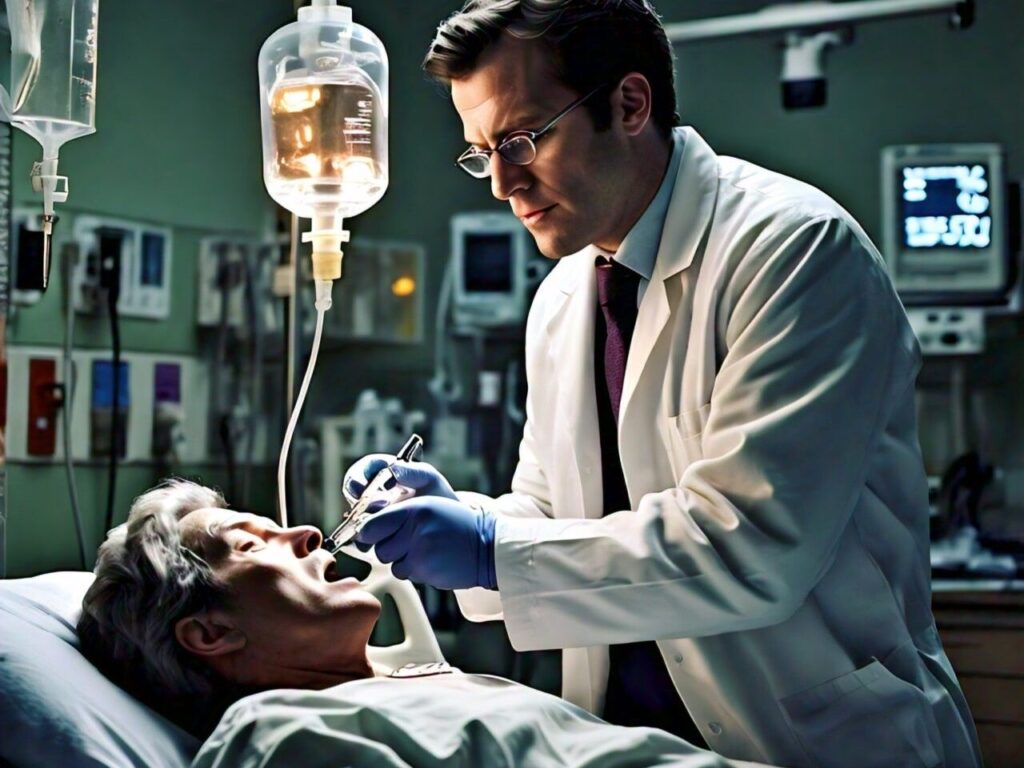
Starting your housejob is an exciting yet challenging time in your medical career. As you embark on your rotations, being prepared with the right tools can make all the difference in your day. Here’s a list of essential items you should pack with you for your rotations:
1. Reference Book
Having a reliable medical reference book can be a lifesaver during your rotations. Choose a comprehensive book that covers various medical specialties. I suggest you to have the same book for medicine which you have studied in your final year. Also get a pocket book so you can quickly go through and learn the topic which is being discussed or is stuck in your mind.

2. Pens (Tied to Your Coat)
Ensure you always have a pen handy by attaching them to your coat. This way, you’ll never be without a pen when you need it, Because 9 out of 10 Houseofficers complain of losing things and the one who doesn’t is because he hasn’t taken any pen with him. Pens are very essential for writing and updating charts, making referals, calls and medicine perscription.
3. Notepad
Carry a notepad to jot down quick notes or reminders. You can use it to write down important information to review later or to keep track of your tasks for the day. Because if you working for 26 hours, this is likely that your brain has stopped working and you need to write your tasks and some impotant inforamtiom to get over with your day to avoid any blunders.
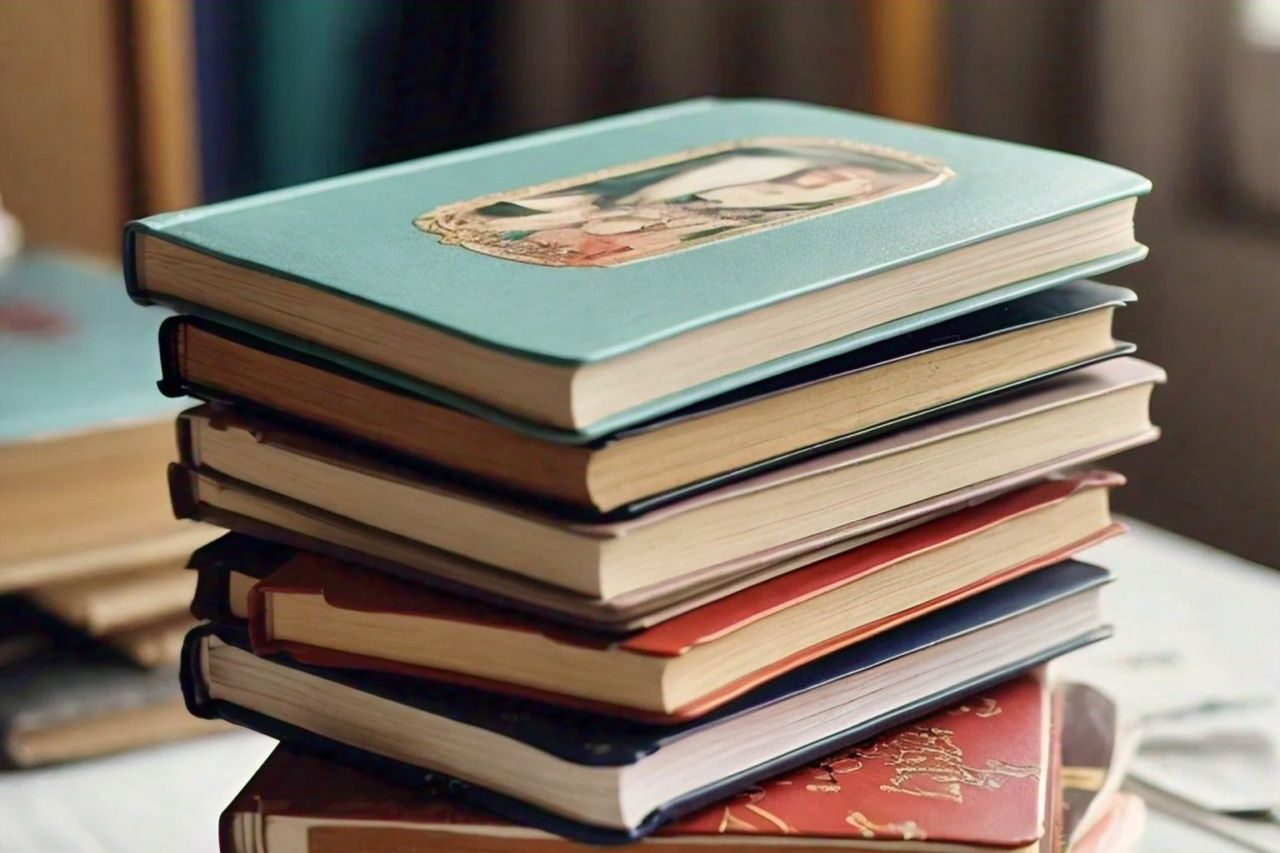
4. Stethoscope
A good-quality stethoscope is essential for auscultating heart sounds, lung sounds, and assessing blood pressure. And ofcourse like million others, I will recoomend littmann. Buy from a attested and original store to avoid getting first and second copy. And what a doctor is without stethoscope. Hence invest in a best steth to listen all sounds.
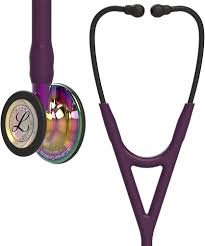
5. Blood Pressure Apparatus
Invest in a reliable blood pressure apparatus to monitor your patients’ blood pressure accurately. You should keep a BP apparatus in the ward so you can easily check patients’ blood pressure without having to hunt one down,because you have to done it too million times.
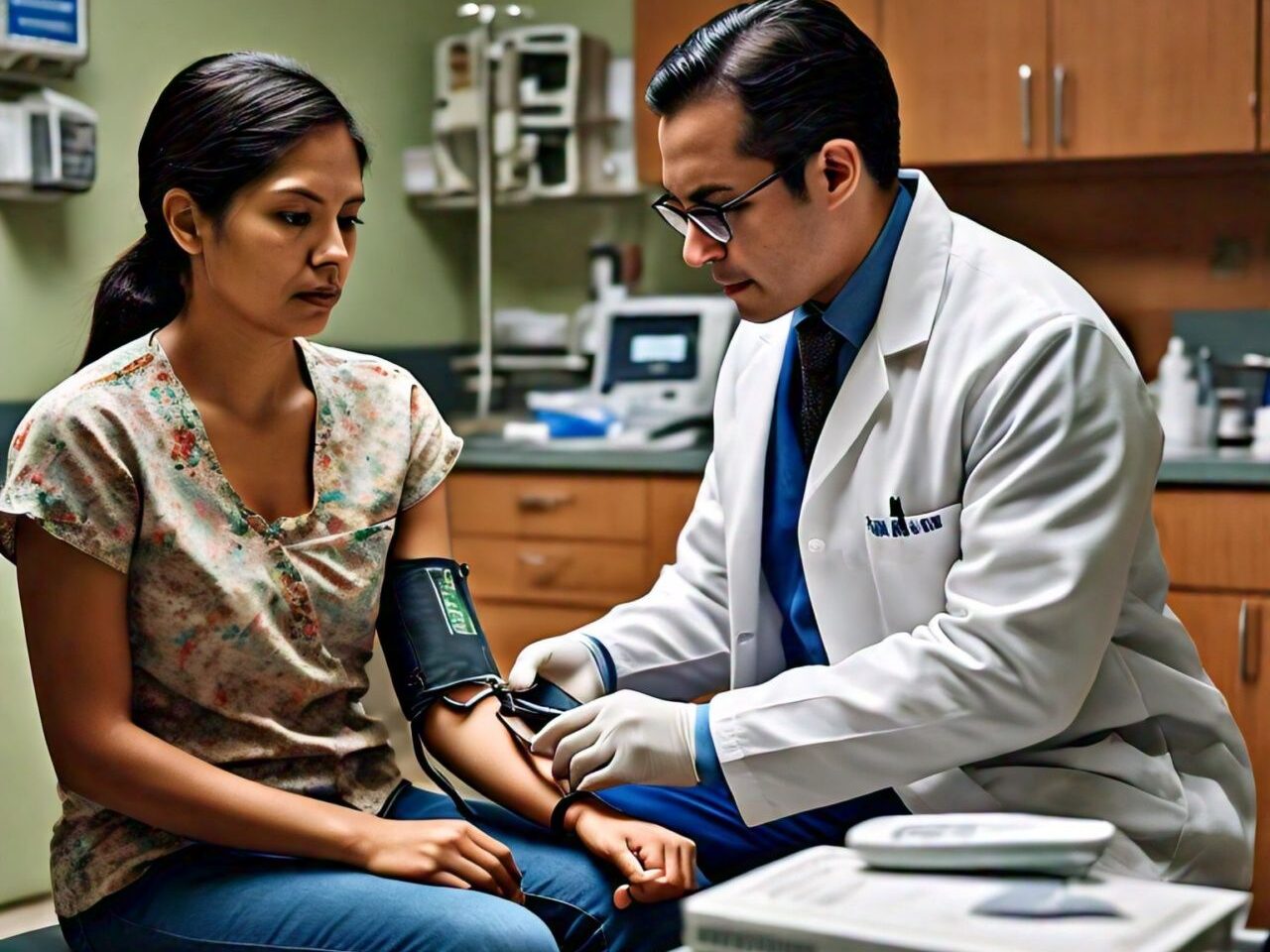
6. Reflex Hammer (Optional)
While not always necessary, having a reflex hammer can be useful for neurological assessments. As many patients will come to you with stroke and they need neurological assessment and most of the time, the whole ward could not produce a hammer, hence it is wise to carry of your own for your own convenience and good image in front of your senior.
7. Glucometer
Keep a glucometer handy for checking blood glucose levels in diabetic patients. Nowadays, ON CALL glucometer is being used in hospitals, as strips of this are available in hospitals.
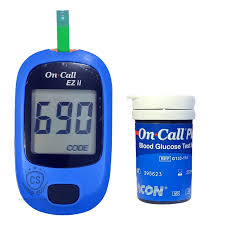
8. Pulse Oximeter
A pulse oximeter is essential for measuring oxygen saturation levels in your patients. This is a requirement for many hospitals and yes you have to check oxygenation of most of the patient.
9. Water Bottle
Stay hydrated throughout the day by keeping a water bottle with you at all times. If you are working in a hot and humid environment, especially in a labor room, surgical emergency or a child’s nursery where you can’t even turn on the fan, get yourself a water bottle. My suggestion is to add some lemon juice , salt and sugar or some flavour to make it palatable and more nourishing. Don’t get yourself hypoglycemic, okay! You have to treat hypoglycemia not to fall in its trap.

10. Quick Snacks
Pack some quick and nutritious snacks to munch on during short breaks between your duties. To be honest, you can’t get few seconds for your ownself as you are being working. So to treat this problem, I had made some alarm after every 2 hours to keep me reminded of the lunch. And yes you do not have time to eat a lavish long lunch or dinner, so you have to eat a lot in very less time. So make a roll of your Pratha or get anything easy to eat and in very less time.
11. Lunch Box
If you have a long shift ahead, don’t forget to pack a nutritious lunch to keep you energized throughout the day. Nutritious food is vital for maintaining energy and focus, ensuring that you can provide optimal patient care. A lot of people are relying on your judgement while you are relying on food, hence no matter what Don’t skip your food! Quick, healthy meals help sustain physical and mental performance during long, demanding shifts.
12. Eye drops
Long hours in a hospital can take a toll on your eyes. Keep eyedrops handy to keep your eyes refreshed and lubricated. I don’t know whether that’s only me but every few hours I need eyedrops. Artificial tears can keep your eyes moist and help them look fresh.
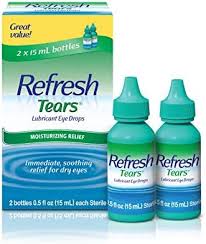
13. Handkerchief
A handkerchief is useful for patting dry your hands after washing them or wiping away sweat during busy shifts. After everytime I wash my hands, and that will be million times for you, you will need something to pat them dry. Tissues are not mostly there in a hospital, hence you have to carry something for that purpose.
14. Sunscreen
Protect your skin from the sun’s harmful rays by applying sunscreen before heading out for your rounds. If you have to travel a considerable amount of distance, this is very important for you! Otherwise, you will become a tanned shriveled skeleton, that has no traces of life!

15. Hand Cream
Constant hand washing and sanitizing can leave your hands dry and cracked. Keep a moisturizing hand cream to keep your hands soft and supple, otherwise, you get hardest hands and that does not pretty!
Being well-prepared with these essentials will not only help you navigate through your rotations more efficiently but also ensure you can provide the best possible care to your patients. Good luck on your house job journey!
